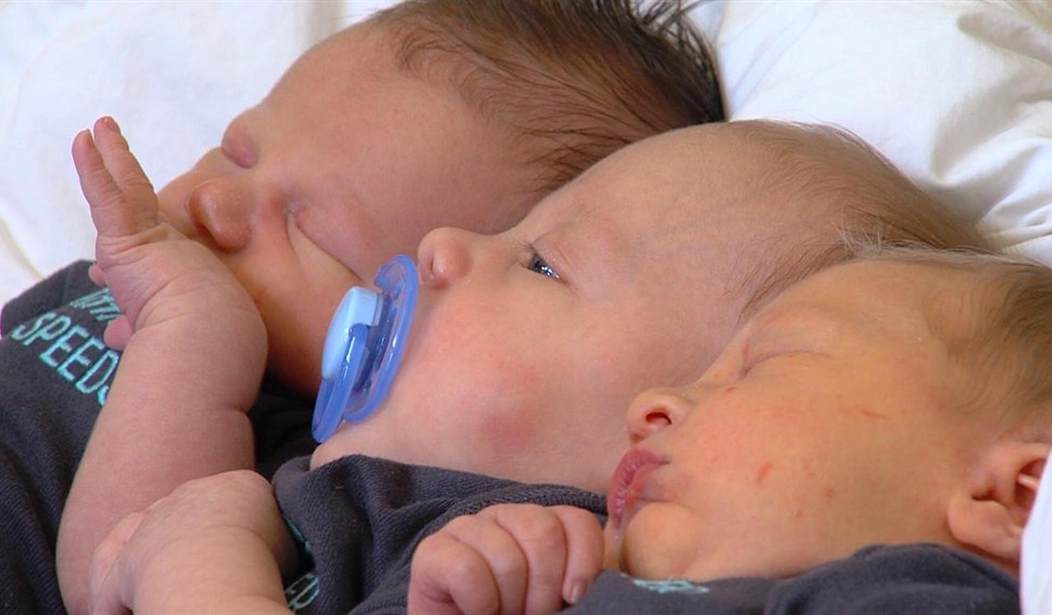Those lullabies your singing to your growing tummy? Your child just may recognize the tune after birth, according to a new study published in the Proceedings of the National Academy of Sciences.
From DeseretNews.com,
Researchers at the University of Helsinki in Finland examined 33 mothers during their third trimester of pregnancy. Out of the 33 participants, 17 listened to a CD that loudly played two, four-minute sequences of the made-up words "tatata" or "tatota," pronounced differently with varying pitches from week 29 to birth.
The words were repeated 50 to 71 times. Following birth, all 33 babies were tested for normal hearing and then were scanned with an EEG (electroencephalograph) to see if the newborns reacted differently to the same made-up words they were exposed to in the womb.
Researchers found the babies who listened to the CD recognized the words and were able to distinguish between the pitch changes due to increased brain activity. The babies who did not hear the CD in utero did not have increased brain activity, thus were not able to recognize the words or distinguish pitch changes.
What’s more incredible than the fact babies can recognize words in the womb, is that these findings may provide increased aid for the treatment of disorders, according to Eino Partanen, a doctoral student and lead author on the paper.
Recommended
Partanen believes that the findings can be beneficial for future studies on how to help babies at risk for dyslexia or auditory processing disorders, or who are not necessarily going to be healthy when they are born.
“The better we know how the fetus’ brain works, the more we’ll know [about] early development of language,” Partanen told Science magazine. “If we know better how language develops very early, we may one day be able to develop very early interventions [for babies with abnormal development].”
This greater ability to help cure disorders is all the more reason to gift all unborn children with life. Technology has played an important role in the pro-life movement, from ultrasounds -- which allow an unsure mother to see her child’s growing organs -- to the instruments that allowed researchers to discover unborn children can indeed hear their mothers.
If only pro-choice activists could take a cue from these unborn babies and listen.

























Join the conversation as a VIP Member